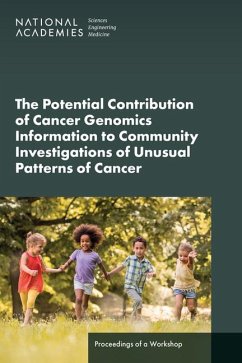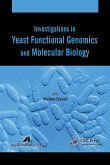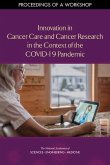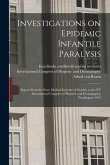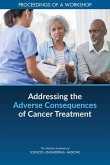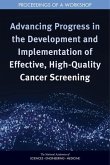Where people live can affect their health because of location-specific exposure to chemicals and toxicants, lifestyle, diet, immune function development, and social and historical determinants of health. A better understanding of the connections between environmental exposures and genetics that are associated with cancer can help inform efforts to identify risks and prevent potentially harmful outcomes. Recent scientific advancements have brought new insights into genomic and epigenomic biomarkers of cancer, which encompasses the toxicogenomic effects of environmental hazards, genetic susceptibility to environmental exposures, and the role of genetic and epigenetic changes in the development of cancer. Public communication around the potential risks of environmental hazards has also been evolving. The National Academies of Sciences, Engineering, and Medicine National Cancer Policy Forum convened a virtual public workshop in collaboration with the Roundtable on Genomics and Precision Health on April 13, 2023 to explore the state of the science in identifying potential genomic and epigenomic biomarkers of environmental exposures associated with cancers, with an emphasis on pediatric cancers. This proceedings document summarizes workshop discussions.
Hinweis: Dieser Artikel kann nur an eine deutsche Lieferadresse ausgeliefert werden.
Hinweis: Dieser Artikel kann nur an eine deutsche Lieferadresse ausgeliefert werden.

